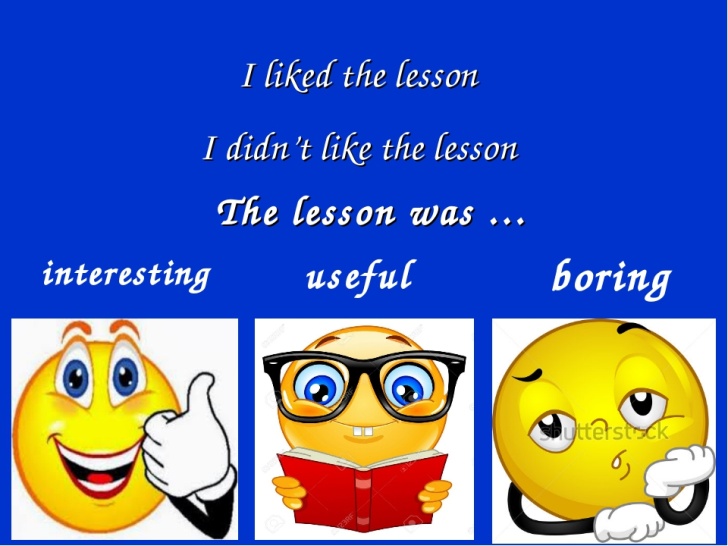"Offering and asking for help" 8сынып
Материал туралы қысқаша түсінік
Бұл тақырып оқушыларға керек деп ойлаймын, өйткені бұл өз көмегіңді біреуге ұсыну немесе сыпайы түрде біреуден көмек сұрау болып табылады. Көпке топырақ шашқым келмейді әрине, бірақ қазіргі жастар "Көмек" деген сөзді мүлдем ұмытқан ба,әлде білмей ме?Қарапайым мысал келтіріп өткім келіп тұр. Бір адамның суға шөгіп бара жатқанын немесе мазасы қашып жерде жатқанын көрсе, көмек шақырудың орнына ұялы телефондарына түсіріп тұрады.

Бұл бетте материалдың қысқаша нұсқасы ұсынылған. Материалдың толық нұсқасын жүктеп алып, көруге болады
Жариялаған:
Адиханова Айнур СаматовнаСайтқа 5 материал жариялап, тегін АЛҒЫС ХАТ алыңыз!

Сайтқа 25 материал жариялап, тегін ҚҰРМЕТ ГРОМАТАСЫН алыңыз!




















